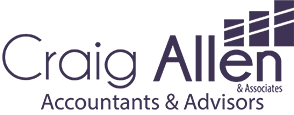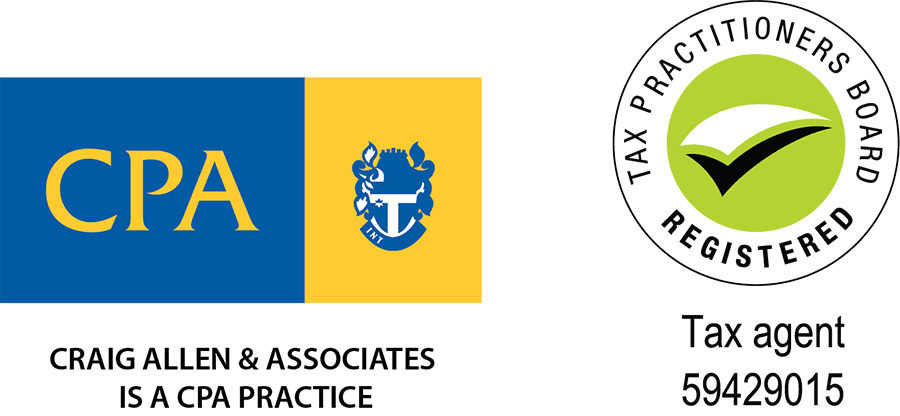How you manage your cash flow can make or break your small business. It is a clear indicator of a business’s financial health, impacts the future spending of your business, and, therefore, plays a massive role in its success.
This article will tell you what cash flow is and how you can better manage it to improve your business’s profitability.
What is cash flow?
Simply put, cash flow is the movement of money. It refers to the cash moving in and out of a business at a specific time. This can come from sales, financing, or investments.
Cash flow can either be positive or negative. Positive cash flow indicates that more money is moving into the business rather than out of it while negative cash flow indicates the opposite. There are three types of cash flow:
- Cash flow from operations – This refers to the day-to-day cash flow from operations of your business. This includes expenses, revenue, and working capital.
- Cash flow from financing – This refers to the movement of cash generated from the business’s owners, investors, and creditors. This includes debt, equity, and dividend payments.
- Cash flow from investments – This refers to the cash generated or spent on investment-related activities. This includes investment in securities and purchases of physical or fixed assets.
Cash Flow Management Tips
1. Create a Good Cash Flow Forecast
Cash flow forecasting is estimating the amount of cash you expect to come in and out of your business over a specific period of time. When done accurately, it can help you predict cash positions, understand where surpluses and shortages arise and avoid shortages.
How you forecast cash flow will depend on your primary business objectives. Are you looking to grow revenue, reduce interests and debt, or manage liquidity risks that could arise in the future? It’s important to determine this beforehand.
There are two cash flow forecasting methods you can use: direct or indirect forecasting. The direct method uses actual cash flow statements or data and is usually used for short-term forecasting, mainly for projecting the cash required to fund your working capital. The indirect method, on the other hand, is used for long-term forecasting of growth strategies and capital projects. It uses projected balance sheets and various
2. Be prompt on invoicing and improve payment terms
Prompt invoicing is crucial for profitability; the sooner you get them out, the sooner they can pay you. It’s best to make it easier for them to pay by offering different payment methods like cash or credit. If you provide services that require cash and effort to deliver, you can ask for an initial deposit or milestone payments.
You need to review your payment terms and make sure it has strict terms of credit and a follow-up process to reach customers with overdue payments. In Australia, the terms and conditions for payment are part of a sales contract under contract law which means that failure to comply is considered a breach of contract.
3. Build a cash reserve
Building a cash reserve means keeping an amount of money on hand to meet short-term and emergency funding needs. A cash reserve helps you prepare for unexpected expenses, avoids credit card debt and allows you to make strategic investments or reduce costs through bulk buying.
Businesses usually use their company bank account to store this but you may also opt for a separate account. How much you put into your cash reserve depends on your business needs but it’s best to keep money that can cover three to six months of your company’s ordinary expenses.
4. Use a reliable accounting software
Having reliable accounting software can streamline your accounting and business banking process. It allows you to store valuable financial information you can use to know your cash position, track data, and plan cash flow.
Software like Xero or MYOB also has automation features and solutions for invoicing so you can ensure invoices go out on time. Consulting an accountant like Craig Allen & Associates can help you set up good accounting software for your business and train you how to use it if you want to process your own transactions.
5. Minimise your Overheads
Effective cash flow management also involves minimising cash outflow or expenses. You need to look for ways to save money like streamlining business processes and reducing operating costs. You can start by identifying where you can reduce wastage and reviewing your service contracts to make sure you’re getting the best deals.
You can also negotiate better terms with your suppliers and take advantage of any discounts or extended payment opportunities.
6. Get on top of your business’s tax obligations
Being up to date with your tax lodgments and payments can help you avoid unnecessary penalties or fines. Tax planning is also an integral part of managing cash flow and sustaining your business’s health. Proper tax planning allows you to minimise tax liability and, therefore, keep more of the profits for your business.
That said, tax planning requires a good understanding of your financial situation and in-depth knowledge of tax laws and strategies. Using a high-quality accountant and tax agent like Craig Allen & Associates can help ensure that your business is in the best possible position.
7. Get expert cash flow advice from Craig Allen & Associates
A study from the Australian Securities and Investments Commission (ASIC) shows that one of the top reasons businesses fail in Australia is ‘inadequate cash flow’ and ‘poor financial control’. Most small businesses lack the proper understanding of business financials and proper cash flow management which makes using an expert accountant and business advisor all the more essential.
Craig Allen & Associates can provide you with valuable business advice on how to manage cash flow, plan your tax properly, create a strong business plan and increase profitability. Schedule a free, no-obligation consultation now by contacting our team at 039 558 7316 or emailing us at craig@craigallen.com.au.
SHARE THIS ARTICLE








